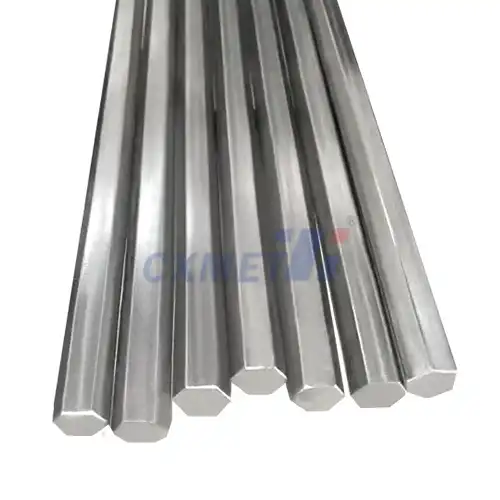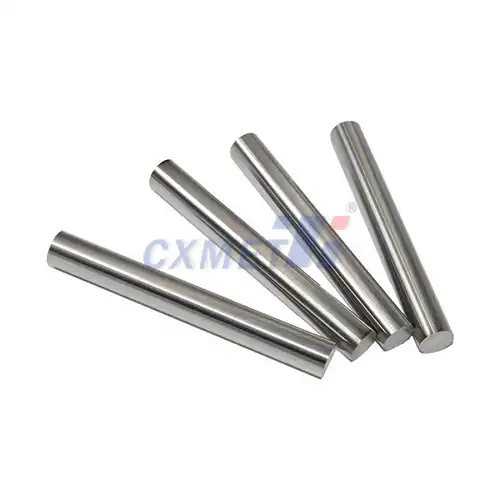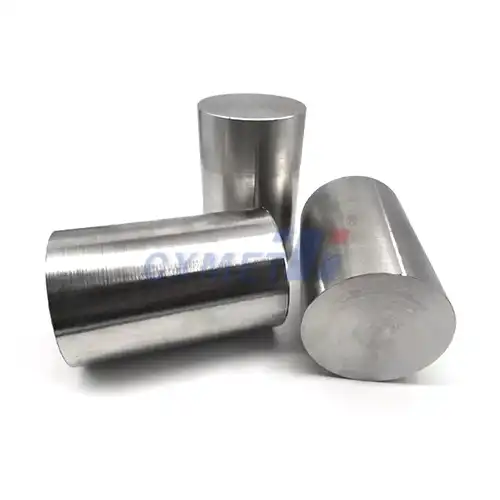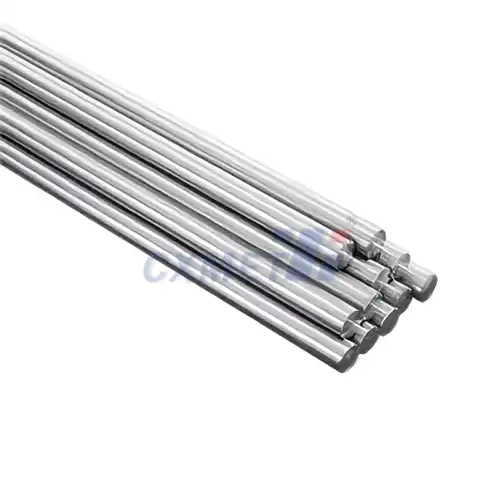- English
- French
- German
- Portuguese
- Spanish
- Russian
- Japanese
- Korean
- Arabic
- Greek
- German
- Turkish
- Italian
- Danish
- Romanian
- Indonesian
- Czech
- Afrikaans
- Swedish
- Polish
- Basque
- Catalan
- Esperanto
- Hindi
- Lao
- Albanian
- Amharic
- Armenian
- Azerbaijani
- Belarusian
- Bengali
- Bosnian
- Bulgarian
- Cebuano
- Chichewa
- Corsican
- Croatian
- Dutch
- Estonian
- Filipino
- Finnish
- Frisian
- Galician
- Georgian
- Gujarati
- Haitian
- Hausa
- Hawaiian
- Hebrew
- Hmong
- Hungarian
- Icelandic
- Igbo
- Javanese
- Kannada
- Kazakh
- Khmer
- Kurdish
- Kyrgyz
- Latin
- Latvian
- Lithuanian
- Luxembou..
- Macedonian
- Malagasy
- Malay
- Malayalam
- Maltese
- Maori
- Marathi
- Mongolian
- Burmese
- Nepali
- Norwegian
- Pashto
- Persian
- Punjabi
- Serbian
- Sesotho
- Sinhala
- Slovak
- Slovenian
- Somali
- Samoan
- Scots Gaelic
- Shona
- Sindhi
- Sundanese
- Swahili
- Tajik
- Tamil
- Telugu
- Thai
- Ukrainian
- Urdu
- Uzbek
- Vietnamese
- Welsh
- Xhosa
- Yiddish
- Yoruba
- Zulu
How do Grade 9 titanium alloy pipes perform in seawater cooling systems?
2025-02-27 15:28:22
Grade 9 titanium alloy pipes have gained significant attention in the marine industry for their exceptional performance in seawater cooling systems. These pipes, composed of a specific blend of titanium and other elements, offer a unique combination of strength, corrosion resistance, and durability that makes them ideal for use in harsh marine environments. In this blog post, we'll explore the characteristics and performance of Grade 9 titanium alloy pipes in seawater cooling systems, addressing key questions and providing insights into their benefits and applications.
|
|
|
What are the advantages of using Grade 9 titanium alloy pipes in seawater applications?
Grade 9 titanium alloy pipes, also known as Ti-3Al-2.5V, offer numerous advantages when used in seawater applications, particularly in cooling systems. These pipes are specifically designed to withstand the corrosive nature of seawater while maintaining their structural integrity and performance over extended periods.
One of the primary advantages of Grade 9 titanium alloy pipes is their exceptional corrosion resistance. Unlike many other materials, titanium forms a stable, protective oxide layer when exposed to oxygen, which prevents further corrosion. This natural passivation process makes Grade 9 titanium alloy pipes highly resistant to pitting, crevice corrosion, and stress corrosion cracking, even in aggressive seawater environments.
The superior strength-to-weight ratio of Grade 9 titanium alloy is another significant advantage. These pipes are approximately 45% lighter than steel pipes of equivalent strength, making them easier to handle, install, and maintain. This weight reduction can lead to substantial cost savings in transportation and installation, especially in large-scale marine projects.
Furthermore, Grade 9 titanium alloy pipes have a high resistance to erosion-corrosion, a common issue in seawater cooling systems where the combination of corrosive fluids and high flow rates can lead to accelerated material degradation. The hardness and durability of titanium alloy help maintain the integrity of the pipe's inner surface, ensuring consistent performance and minimal flow restrictions over time.
Another advantage is the pipes' ability to withstand a wide range of temperatures without compromising their mechanical properties. This characteristic is particularly beneficial in seawater cooling systems, where temperature fluctuations are common. Grade 9 titanium alloy pipes maintain their strength and corrosion resistance from cryogenic temperatures up to about 427°C (800°F), providing reliable performance across various operating conditions.
Lastly, Grade 9 titanium alloy pipes are bio-fouling resistant, which means they are less susceptible to the growth of marine organisms on their surfaces. This property helps maintain the efficiency of seawater cooling systems by reducing the need for frequent cleaning and preventing flow restrictions caused by biological growth.
How does the cost-effectiveness of Grade 9 titanium alloy pipes compare to other materials in seawater cooling systems?
When evaluating the cost-effectiveness of Grade 9 titanium alloy pipes for seawater cooling systems, it's essential to consider both the initial investment and long-term operational costs. While the upfront cost of titanium alloy pipes is generally higher than that of more traditional materials like steel or copper-nickel alloys, the long-term benefits often outweigh this initial expense.
The superior corrosion resistance of Grade 9 titanium alloy pipes significantly extends their service life in seawater environments. While steel pipes may require replacement every 5-10 years due to corrosion, titanium alloy pipes can last 25 years or more with minimal maintenance. This longevity translates to reduced replacement costs and fewer system downtime periods over the lifetime of the cooling system.
Maintenance costs are another crucial factor in assessing cost-effectiveness. Grade 9 titanium alloy pipes require minimal maintenance due to their resistance to corrosion, erosion, and bio-fouling. This reduction in maintenance needs leads to lower labor costs and fewer disruptions to system operation. In contrast, steel or copper-nickel pipes may require frequent inspections, cleaning, and repairs to maintain their integrity in seawater environments.
Energy efficiency is another aspect that impacts the long-term cost-effectiveness of seawater cooling systems. Grade 9 titanium alloy pipes maintain smooth inner surfaces over time due to their resistance to corrosion and erosion. This smoothness reduces friction and pressure drop within the system, leading to improved pumping efficiency and lower energy consumption compared to pipes made from materials that degrade more quickly in seawater.
It's worth noting that the cost-effectiveness of Grade 9 titanium alloy pipes can vary depending on the specific application and operating conditions. In environments with extremely high chloride content or where the risk of galvanic corrosion is significant, the benefits of titanium alloy pipes become even more pronounced, further improving their cost-effectiveness relative to other materials.
|
|
|
What are the key design considerations when implementing Grade 9 titanium alloy pipes in seawater cooling systems?
Implementing Grade 9 titanium alloy pipes in seawater cooling systems requires careful consideration of several key design factors to ensure optimal performance, longevity, and system efficiency. These design considerations are crucial for maximizing the benefits of titanium alloy pipes while addressing the unique challenges posed by seawater environments.
One of the primary design considerations is the selection of appropriate pipe dimensions and wall thickness. While Grade 9 titanium alloy pipes are exceptionally strong, it's essential to calculate the required wall thickness based on the system's operating pressure, temperature, and expected external loads. Proper sizing ensures the pipes can withstand the pressures and stresses they will encounter without overengineering, which could lead to unnecessary material costs.
Corrosion allowance is another critical factor in the design process. Although Grade 9 titanium alloy pipes have excellent corrosion resistance, it's still prudent to include a small corrosion allowance in the wall thickness calculations. This allowance accounts for any potential long-term material loss and ensures the pipes maintain their structural integrity throughout their expected service life.
The design of pipe joints and connections requires special attention when working with Grade 9 titanium alloy pipes. Welding is often the preferred method for joining titanium pipes due to its ability to create strong, corrosion-resistant connections. However, welding titanium requires specialized techniques and equipment to prevent contamination and maintain the material's properties. Alternatively, mechanical joining methods such as flanged connections or specialized couplings can be used, but care must be taken to avoid galvanic corrosion when connecting titanium to dissimilar metals.
Flow velocity is a crucial consideration in the design of seawater cooling systems using Grade 9 titanium alloy pipes. While these pipes are highly resistant to erosion-corrosion, excessively high flow velocities can still lead to accelerated wear. Designers must balance the need for efficient heat transfer with the requirement to maintain flow velocities within acceptable limits, typically below 3-4 m/s for seawater applications.
Cathodic protection is generally not required for Grade 9 titanium alloy pipes due to their excellent corrosion resistance. However, in some cases, particularly where the pipes are connected to less noble metals, sacrificial anodes or impressed current systems may be necessary to protect the entire system from galvanic corrosion.
The design of seawater intake and discharge points requires careful consideration to minimize the ingress of debris and marine life. Strainers or filters may be necessary to protect the system from large particulates, while the pipe layout should facilitate easy cleaning and maintenance access.
Finally, the overall system design should consider the potential for future expansion or modifications. The long service life of Grade 9 titanium alloy pipes means that the cooling system may outlast other components or even the original purpose of the installation. Incorporating flexibility into the design can facilitate future upgrades or repurposing of the system without requiring complete replacement of the piping network.
By carefully addressing these key design considerations, engineers can create seawater cooling systems that fully leverage the advantages of Grade 9 titanium alloy pipes, resulting in efficient, durable, and cost-effective solutions for marine applications.
Conclusion
Grade 9 titanium alloy pipes have proven to be an excellent choice for seawater cooling systems, offering superior corrosion resistance, strength, and longevity compared to traditional materials. Their performance in harsh marine environments, combined with their long-term cost-effectiveness, makes them an attractive option for a wide range of applications. By carefully considering the design factors specific to titanium alloys, engineers can create efficient and reliable seawater cooling systems that provide exceptional service for decades to come.
At SHAANXI CXMET TECHNOLOGY CO., LTD, we take pride in our extensive product range, which caters to diverse customer needs. Our company is equipped with outstanding production and processing capabilities, ensuring the high quality and precision of our products. We are committed to innovation and continuously strive to develop new products, keeping us at the forefront of our industry. With leading technological development capabilities, we are able to adapt and evolve in a rapidly changing market. Furthermore, we offer customized solutions to meet the specific requirements of our clients. If you are interested in our products or wish to learn more about the intricate details of our offerings, please do not hesitate to contact us at sales@cxmet.com. Our team is always ready to assist you.
|
|
|
|
References
- Titanium Information Group. (2021). "Titanium Alloys in Marine Service."
- Coastal and Marine Engineering Research Institute. (2020). "Performance of Titanium Alloys in Seawater Applications."
- Journal of Marine Engineering & Technology. (2019). "Comparative Study of Pipe Materials for Seawater Cooling Systems."
- American Society of Mechanical Engineers. (2018). "Design Considerations for Titanium Piping Systems in Marine Environments."
- Corrosion Science. (2020). "Long-term Corrosion Behavior of Titanium Alloys in Seawater."
- International Journal of Heat and Mass Transfer. (2019). "Efficiency of Titanium Heat Exchangers in Seawater Cooling Applications."
- Materials Performance. (2021). "Cost Analysis of Titanium vs. Traditional Materials in Marine Piping Systems."
- Ocean Engineering. (2018). "Optimizing Seawater Cooling Systems: Material Selection and Design Principles."
- Titanium Today. (2020). "Advances in Titanium Alloy Technology for Marine Applications."
- Journal of Offshore Mechanics and Arctic Engineering. (2019). "Fatigue Performance of Titanium Alloy Pipes in Offshore Cooling Systems."











